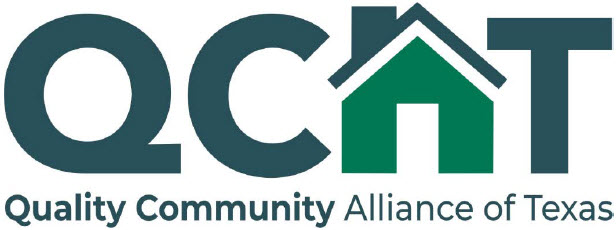FAQs on the Naegleria Fowleri Amoeba
How do public water systems protect against Naegleria Fowleri Amoeba?
All public water systems are required to maintain specific disinfection levels that are scientifically proven to kill micro-organisms including Naegleria Fowleri Amoeba, at both water plants and in distribution systems. Additionally, public water systems are required to implement cross-connection control measures to protect the system.
Does the State of Texas regulate how public water systems protect the water supply?
Yes, the level of disinfection and cross connection measures are established by the Environmental Protection Agency (EPA) and enforced by the Texas Commission on Environmental Quality (TCEQ).
Are the disinfection levels in a public water system regularly checked?
Yes, public water systems are required to check disinfection levels at water plants and throughout the communities at various locations representative of the entire distribution system to ensure compliance with EPA/TCEQ regulations.
Do public water systems specifically test for Naegleria Fowleri Amoeba?
Proper disinfection levels that meet the EPA/TCEQ’s standards eliminate the presence of micro-organisms including Naegleria Fowleri Amoeba. Specific tests for Naegleria Fowleri Amoeba are not required by EPA/TCEQ and are not readily available within reasonable timeframes.
For more information, please see the following links:
• TCEQ Infectious Amoeba: Naegleria Fowleri
• TDSHS Primary Amebic Meningoencephalitis – Frequently Asked Questions
• Texas Administrative Code
• YouTube: Naegleria Fowleri Amoeba

